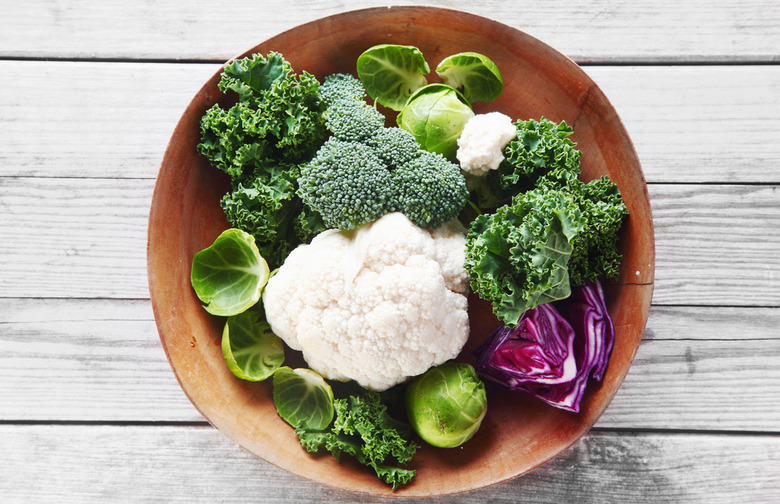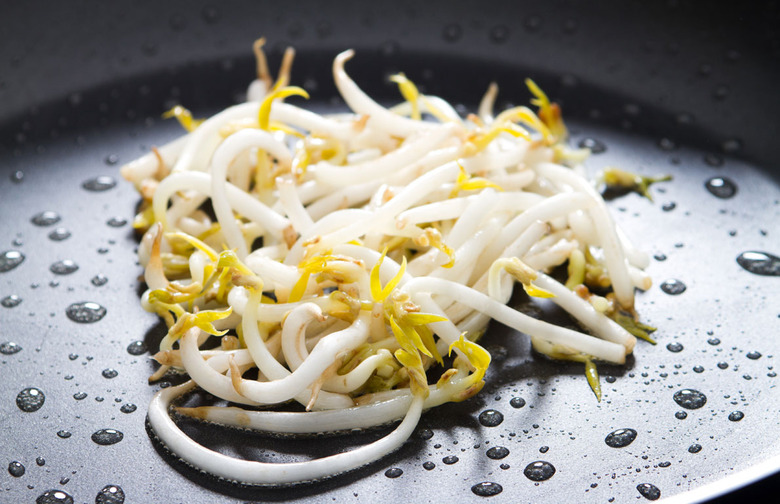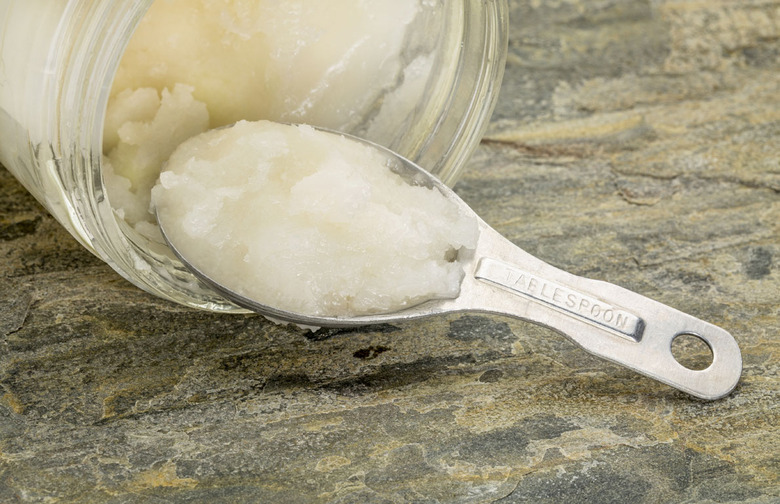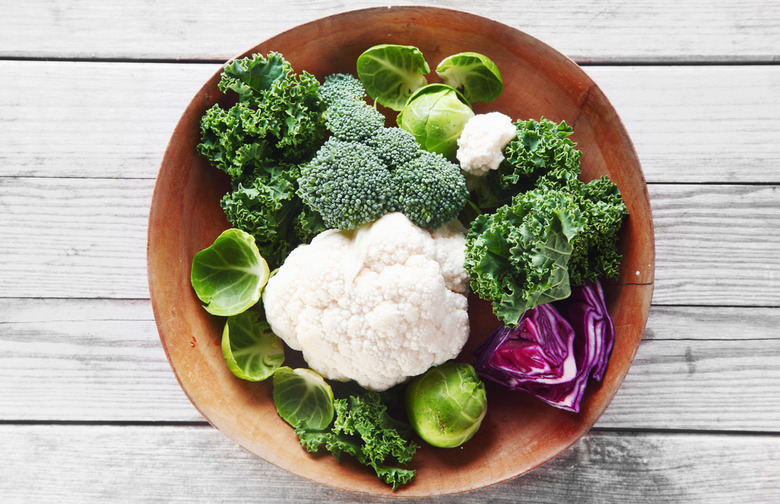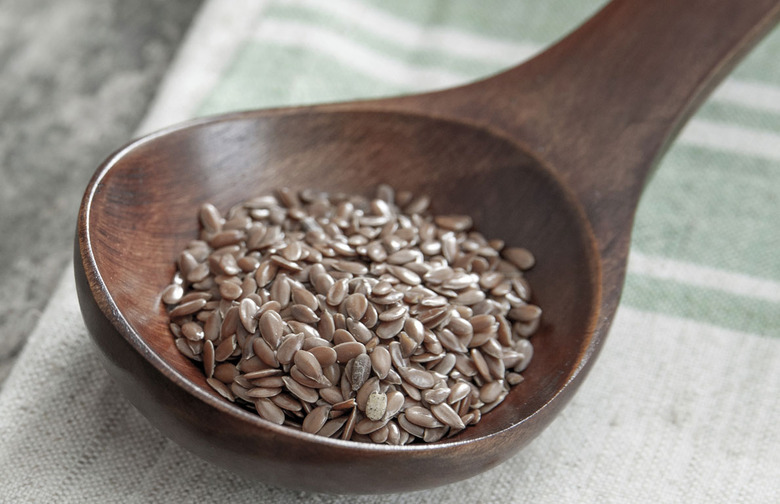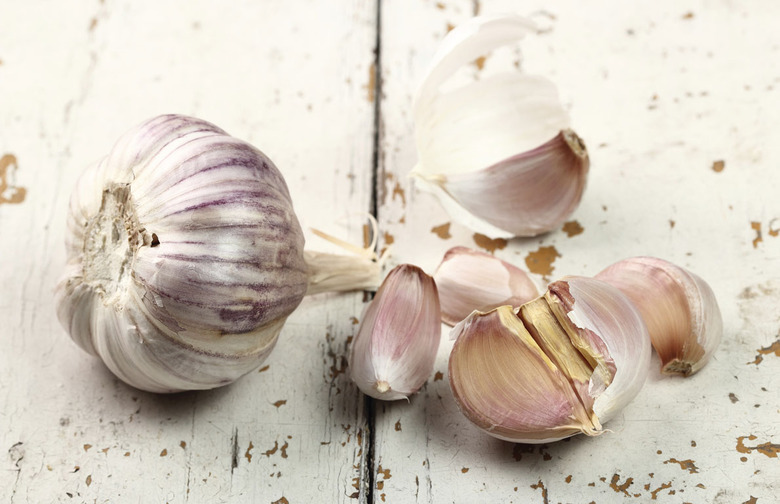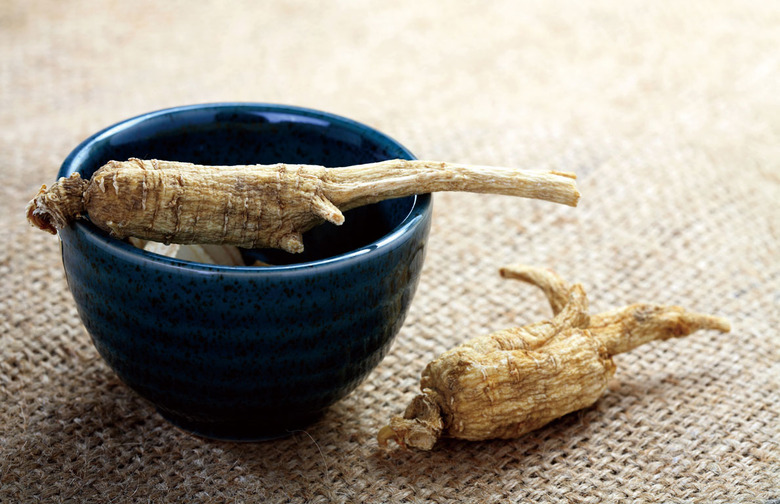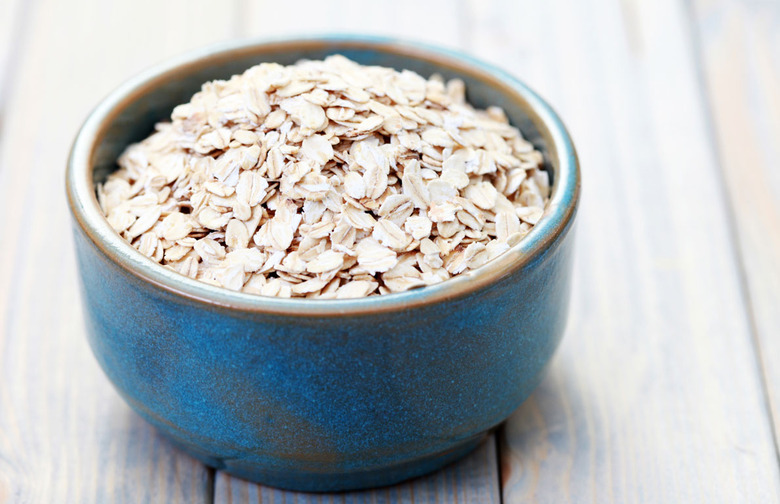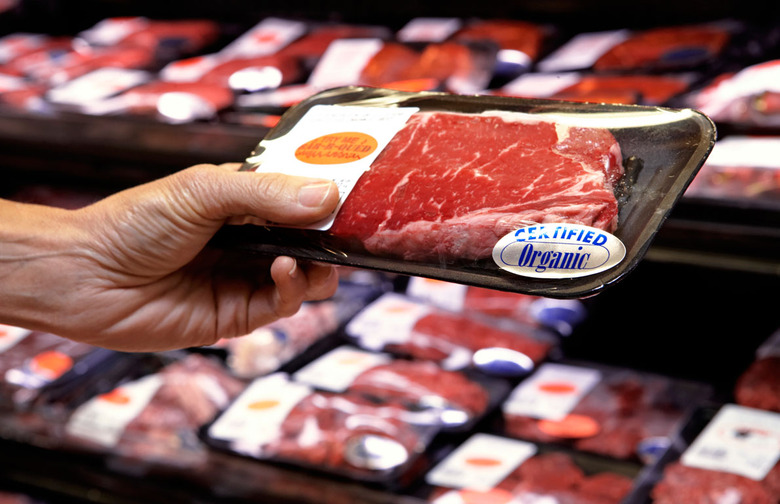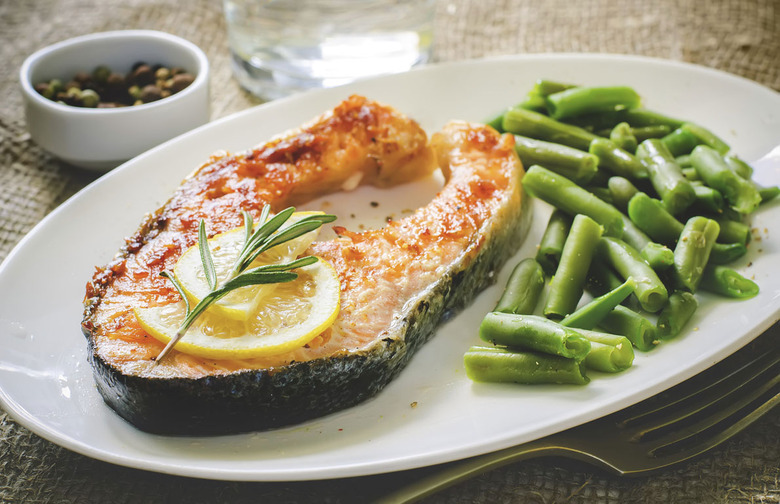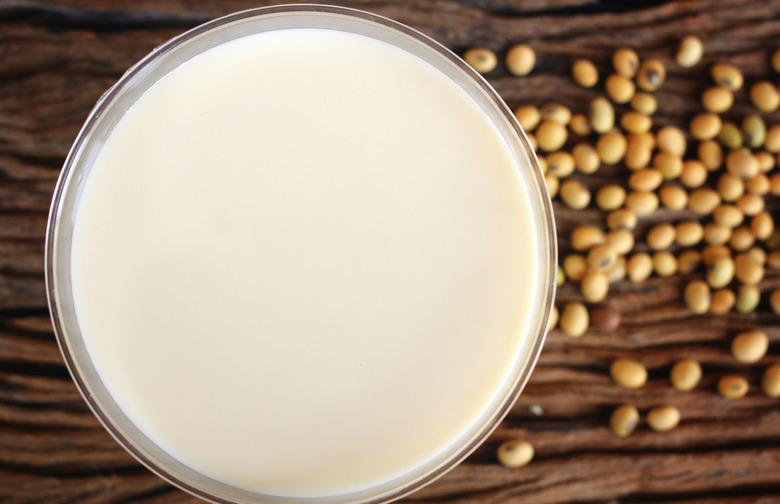Foods That Can Help Balance Your Hormones Naturally
When we think about hormones and hormonal imbalance, our minds immediately flash to images of pregnant women crying or menopausal women raging. These are not entirely incorrect images — just extremely stereotypical. In fact, all humans produce hormones, and those hormones can be easily disrupted. A scarier fact? Hormone disruptors could be in everything from your deodorant to the foods you eat...
Bean Sprouts
These little beans can pack a hugely helpful punch when it comes to regulating hormones. "Mung bean sprouts are perhaps one of the most overlooked foods," explains Dr. Michelle Cook, nutritionist and board-certified natural medicine practitioner, "yet they restore adrenal gland health and help our bodies cope with excess stress by allowing these glands to regulate production of cortisol and adrenalin.".
Coconut Oil
We all know that coconut oil offers an unbelievable amount of health benefits, but did you know that it can also balance your hormones? Coconut oil regulates blood sugar and insulin and boosts thyroid functionality, helping to restore balance to a system that could be out of whack.
Cruciferous Vegetables
Broccoli, kale, and cauliflower are just some of the foods that can help balance out your hormones. Dr. Cecilia Lacayo, wellness physician at the Wellness & Hormone Centers of America, explains that "The use of these foods will help prevent testosterone levels from decreasing, and they also influence good muscular development — helping to reverse aging and maintain emotional well-being."
Dried Apricots
Many dried fruits, especially apricots, contain phytoestrogens. These chemicals mimic estrogen in the body, which can make up for the estrogen deficiency that can occur as a result of various endocrine diseases.
Flaxseed
"Organic flaxseeds are a wonderful addition to your diet, as they promote a safer method of metabolizing estrogen in the body," says Dr. Lacayo. "Metabolism of estrogen in the body through the correct pathway (2-hydroxy pathway) is critical in lowering the risk of cellular damage and possible development of cancer.".
Garlic
When you are suffering from a hormonal imbalance, inflammation can occur, disrupting your body's processes. Garlic can reduce that inflammation, helping hormones so they do not have to overcompensate for those cellular changes.
Ginseng and Herbal Teas
Since hormones are also tied to stress levels, it is important to reduce stress and its effects as much as possible. Ginseng and other herbal teas contain adaptogen, which can help the body manage stress and normalize bodily functions.
Oats
When it comes to hormones, it is all about the sugar levels. Foods like white flours are broken down in the body and ultimately converted to sugar, so replacing white flours with oat flour or whole-grain flour can help to restore that balance.
Organic Meats
If you eat meat, it is essential to make sure you purchase organic, hormone-free meats to maintain hormonal balance. "Foods that contain excessive amounts of estrogen, such as animals given hormones during their growth, also significantly impact hormonal balance," warns Dr. Cook. "That includes pork, chicken, beef, turkey, and other types of meat that are not raised organically. The hormones given to these animals find their way into our foods. They are much stronger than human hormones, which causes serious disruptions in our delicate hormonal balances."
Salmon
Foods like salmon are rich in omega-3 fatty acids, which are essential to maintaining hormonal balances. Omega-3s directly regulate cell growth, and cannot be produced naturally by the body. Therefore, they have to be incorporated through our diets.
Soy
Soy is an extremely tricky food when it comes to hormones. It contains a lot of phytoestrogens, which can be helpful if your body is lacking estrogen. However, eating too much soy can severely throw off your hormonal balance. According to Dr. Crisp, "These estrogen mimickers [phytoestrogens] interfere with our bodies' natural circulating estrogens, disrupt hormone balance and menstrual cycles, affect prostate health, contribute to problems with fibroids, endometriosis, uterine cysts and polycystic ovary syndrome, and can damage ova and sperm."
More from The Daily Meal:
Starbucks Secret Menu Items and How to Order Them Like a Pro
18 Things You Should Never Buy at Trader Joe's
